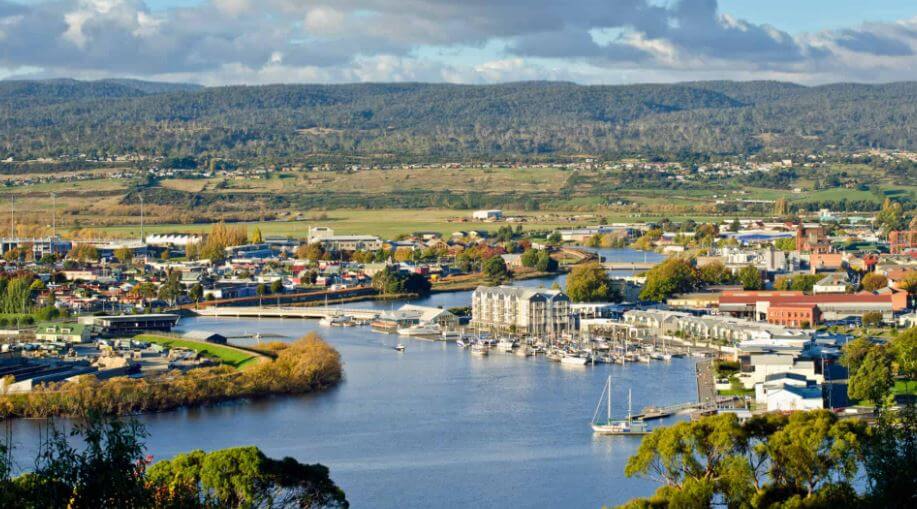Since the 2022 election, it’s become a commonplace that the LNP is losing the inner cities due to their intransigence on climate change and other unpopular conservative positions. On the other hand, under Peter Dutton the party seems to believe it can make up for those losses by appealing to the outer suburbs and regional areas.
One member bucking the trend, though, is Bridget Archer. The federal MP for Bass in northern Tasmania has crossed the floor and voted against the LNP 27 times since being elected to the lower house in Morrison’s upset victory in 2019.
Though part of the Morrison win, Archer’s positions were more in line with the teal wave that soon removed him from power. Archer even voted with Labor to censure Scott Morrison last November in the vote that followed the revelation of the former prime minister’s secret ministries.
Another issue that prompted her to cross the floor was the Albanese government’s proposal for a National Anti-Corruption Commission. Archer has voted four times against the LNP and in support of the headline policy from the 2022 election campaign.
Archer voted four times in August and September last year to support an Albanese government climate change bill. She also voted against the LNP in favour of a Centre Alliance amendment that removed the exception that had allowed religious schools to discriminate based on gender identity.
Most recently, she voted against an LNP-proposed amendment in support of reintroducing the cashless welfare card.
Archer has already crossed the floor more than any female MP. With five more such votes, she will have crossed the floor more than any lower-house MP ever.
So who is this out-of-the-ordinary Liberal MP? Archer went to grammar school and university in Hobart, but dropped out of tertiary studies to work as a curator at the Tasmanian Herbarium. She later worked in hospitality jobs around the country, before moving to George Town on Tasmania’s north coast, where she was elected councillor at the age of 34.

Under Archer’s representation, the beautiful small town has become a teal pocket in a historically conservative state. Archer has consistently backed reproductive rights, women’s workplace protections and increasing federal support for social housing.
“I stay because I think the Liberal Party is at a crossroads,” said Archer last month when asked whether she had considered leaving the party. “That means there is a decision between either walking away and leaving them to it, or fighting for what I believe the Liberal Party used to be and should be.”
It’s often said that there are seven teal members, but it might be more accurate to say northern Tasmania has the eighth.
Sign Up To Our Free Newsletter